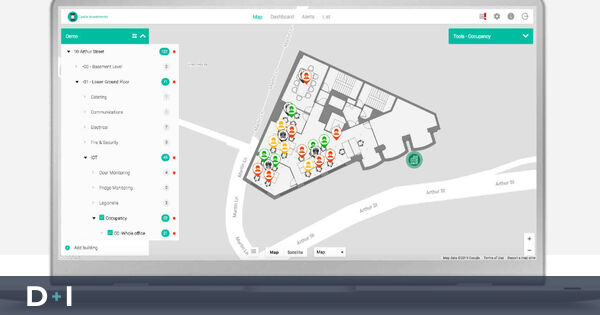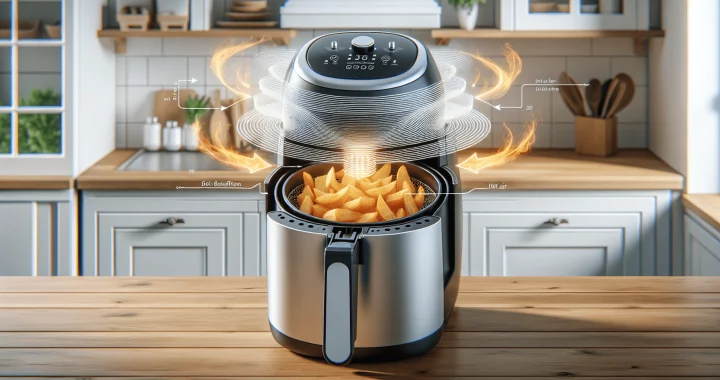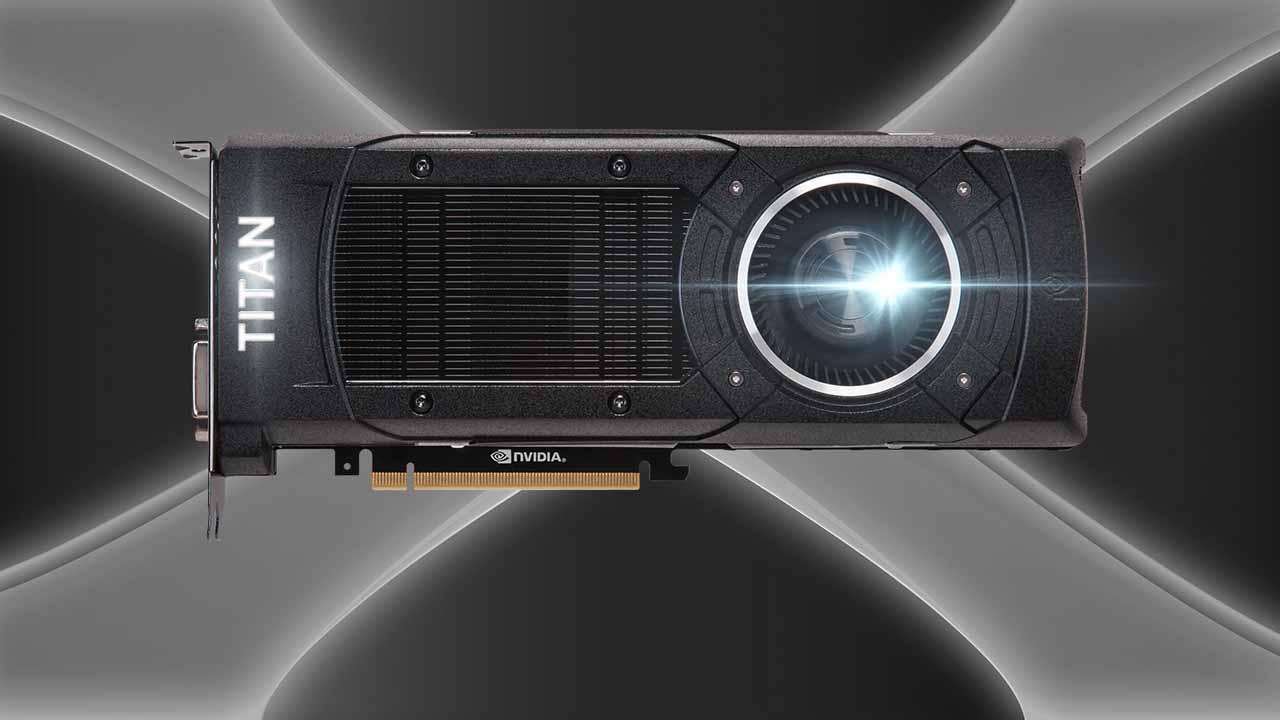The Internet of Things so that the air we breathe in the office is always perfect

Related news
Let’s put ourselves in the position. The London Olympics, in 2012. It was already in the midst of digital transformation, in that edition There were at least 20,000 security cameras to monitor the entire Olympic Village. However, there was no tool to know its location and status in real time.
Dissonance in the proof, resolvable with one of the vulgar digital twins, that served as the inspiration for the awakening of a local startup. Metrikus, as it is called, found in the sensing and integration of these devices a commercial activity Which was exploding in the real estate sector and also in the headquarters of major companies.
Obviously, in these use cases, security is not the main concern. On the contrary, among the more than 200 different sensors that integrate the Metrikus platform, The main use cases relate to energy consumption, air quality, and safe return to work since COVID-19.
Take care of the interior of our spaces
According to some studies, When we turn 80, we’ll have spent 72 years indoors. This makes indoor air quality very vital for people. And while it has always been that way, the pandemic has put this aspect front and center in the minds of society.
“We have a team of environmental scientists who two years ago were able to predict the social and commercial value of indoor air quality,” he explains. Susana Quintas Veloso, Senior De Metric Adviser.
The operation of the system proposed by this company is simple and powerful at the same time: Through a sensor they measure five basic parameters (Temperature, humidity, carbon dioxide, 2.5 fine dust particles and volatile organic compounds).
The sensor sends data to the Metrikus platform and if values are detected higher or lower than appropriate Automatic alerts are issued so that the situation can be corrected immediately.
Long-term exposure to PM2.5 greater than 10 mcg recommended by the World Health Organization Shortens life expectancy by one year for every additional 10 mcg‘,” Quintás recalls.
Certificate chaos
The problem with air quality certifications is that they are often time consuming and costly processes, making them difficult to certify.
“What we have set out to do is facilitate and thoroughly democratize its accreditation, with certification that can be obtained in about six weeks, with international recognition and at a cost that is often 70-80% lower than others of the same type,” adds the Executive.
Show your success: By 2021, this startup has already adopted more buildings in the UK than Reset, Fitwell and Well combined. In the same period, references in these conflicts.
Democratization of sensors in facilities
One of the advantages of this startup is to take advantage of the fact that technology is becoming cheaper and more accurate, through which Use cases that might not have made sense a couple of years ago are today not only affordable, but profitable.
For example, today there is Intelligent flushing sensors that cost 40 euros and allow to plan toilet cleaning with 30% savings. Even with software and installation costs, they are very affordable solutions,” adds Quintás.
In the case of air quality monitoring, We’ve come up with monitoring solutions that cost up to four euros per employee and month. Aside from all the health and reputation benefits, science shows us that the average employee working one degree outside the optimum temperature range on a permanent basis will result in an annual productivity loss at a cost of €600.”

“Pop culture advocate. Troublemaker. Friendly student. Proud problem solver.”






:quality(70)/cloudfront-us-east-1.images.arcpublishing.com/metroworldnews/KAMPU362RJDWBEEJAHCQQIMWEE.jpg)



